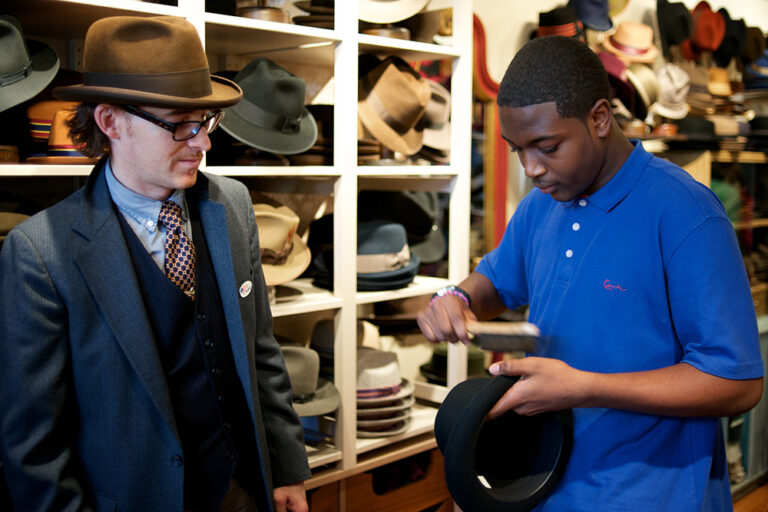The title of this blog is one of my favorite phrases from Eric Schwarz’ s new book, “The Opportunity Equation.” Eric writes his story of creating Citizen Schools more than 20 years ago. Armed with an idea and willing teachers and volunteers, he created a wonderful program that invites ordinary citizens to volunteer their time and share their expertise with youngsters.
The book tells an engaging story. And it’s much more: it’s a call to all citizens to share the task of educating America’s children, particularly those who have few extra opportunities provided by their families. Service to others builds a shared public purpose. This is the purpose of civic education.
Civic education isn’t just about the three branches of government; it’s an understanding of the common set of beliefs that bind us together as a country. At the heart of democracy, there is a sense of belonging to something larger than us. Otherwise there would be anarchy. Education is at the heart of how we convey these beliefs.
At the heart of education are schools. At the heart of schools are communities of children, families and adult professionals who care about the welfare of the collective, not only the individual. Sometimes the betterment of the whole come at the expense of the individual. Sometime a painful lesson and one that is essential for success. At their best, communities create a powerful personal feeling of belonging because the welfare of the whole is at the center of the conversation. Just what the founding fathers had in mind: a shared sense of purpose.
Classroom teaching is a profession. Some would say an avocation or a calling. Civic education is both an opportunity and a responsibility. How we each contribute to strengthening the republic is a private matter but it is of the greatest public importance.



